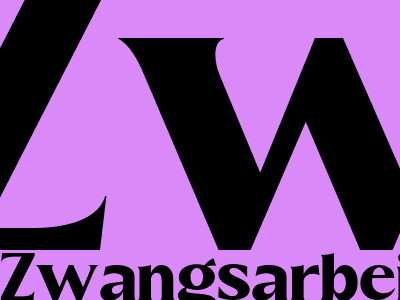
Ikea Pays Millions in Compensation to Former GDR Forced Laborers
Background of Forced Labor in the GDR
In the German Democratic Republic (GDR) from 1949 to 1989, political prisoners were subjected to forced labor as a form of punishment. This practice was widespread in various industries, including the production of furniture for IKEA. The company has recently announced a compensation program for former forced laborers.
IKEA's Compensation Program
In 2022, IKEA launched a compensation program worth millions of euros for former GDR forced laborers who worked in its supply chain. The program is part of the company's efforts to address its historical role in benefiting from the GDR's repressive regime.
Eligibility and Benefits
Former forced laborers who worked for IKEA suppliers are eligible for compensation under the program. The amount of compensation varies depending on the duration and severity of their forced labor. Eligible individuals can receive up to €10,000 in compensation.
Historical Context and Criticism
IKEA's use of forced labor in the GDR has been a subject of criticism in recent years. Some critics have accused the company of profiting from the exploitation of political prisoners. IKEA has acknowledged its historical responsibility and expressed regret for the suffering caused by its suppliers' use of forced labor.
Independent Investigation and Transparency
As part of its compensation program, IKEA commissioned an independent investigation into its involvement with forced labor in the GDR. The investigation, conducted by the law firm Freshfields Bruckhaus Deringer, found that IKEA had benefited from the use of forced labor and that the company's management was aware of the practice.
Conclusion: Reconciliation and Responsibility
IKEA's compensation program is a significant step towards acknowledging and addressing its historical involvement with forced labor in the GDR. The program demonstrates the company's commitment to reconciliation and its responsibility for the suffering caused by its suppliers' actions. It also serves as a reminder of the importance of corporate accountability and the need for companies to conduct due diligence in their supply chains to prevent human rights abuses.